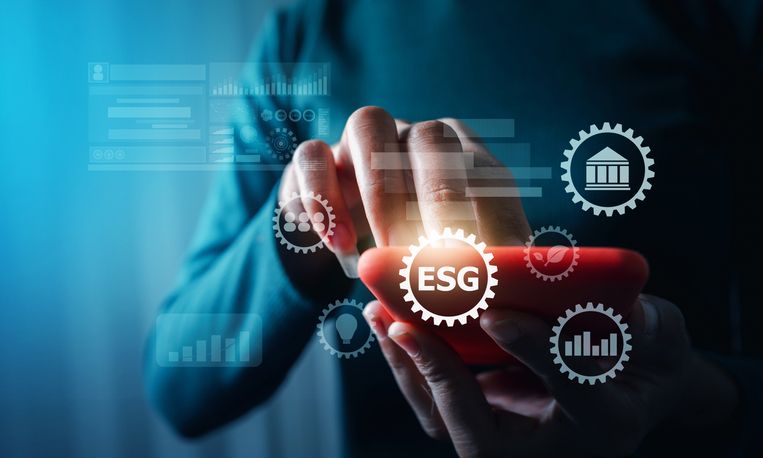The EU is arguing about whether electricity from nuclear or gas power plants qualifies for inclusion in the ranks of sustainable, green investments. "They don't belong there, that's clear", says Markus W. Voigt, CEO of aream Group. "The good thing is that institutional investors have known that for a long time, act accordingly and won't change it."
For years, the industry has been waiting for the EU's specifications on the sustainability of investments. "In this time, a certain tacit agreement has been formed out of the indefiniteness in the early years as to what is to be considered sustainable and what is not", Voigt says. "Nuclear power and even gas power plants are not part of that." That's why the political theater being put on in Brussels, Paris and Berlin is bound to get only brief attention at best. "Institutional investors who are serious about sustainability have set criteria for themselves that go well beyond any EU taxonomy anyway", Voigt says.
In this respect, the EU taxonomy is the organic seal of the investment industry: it certifies the lowest common denominator, but those who want to be really sustainable choose other criteria. "The differences are huge", says Voigt. Undeniably, plants that generate green electricity from renewable energies are one of the supreme disciplines of sustainability. Because this does not only replace a dirty technology by a green one: "Those who provide green electricity are also actively participating in the climate-friendly transformation of the economy", says Voigt.
"The vast majority of institutional investors are looking for real impact when they invest", Voigt says. "With some clients, we discuss complete climate neutrality of all stages in the life cycle of an investment, implement this more and more, and add a good measure on top of the high standards." While gas and nuclear are now being classified as sustainable as a lazy compromise at the EU level, this still won't change the investment behavior of institutional clients.
"At best, this will provide short-term relief for the French industry, which can now also market the nuclear power it uses as sustainable in its own reporting", Voigt said. "But many investors don't want to see nuclear power in production and, moreover, even avoid companies that only supply components to nuclear power plants." The Japanese company Mitsubishi, for example, which supplies components for nuclear power plants besides manufacturing solar modules, has suffered as a result. It is excluded from some portfolios of particularly sustainable investors.
"The European mini-organic label for investments has been discussed for too long, and reality has already passed it", says Voigt. "It may be that some end customers are still being lured by advisors into funds that include taxonomy-labeled investments", Voigt says. "Institutionals are not blinded by this, stick to their strategies and only care about the EU classification in the context of their regulatory requirements. And this is a good thing!"
PRESSEKONTAKT:
Leandra Kiebach
T: +49 (0)211 30 20 60 4-2
E: lk@aream.de
